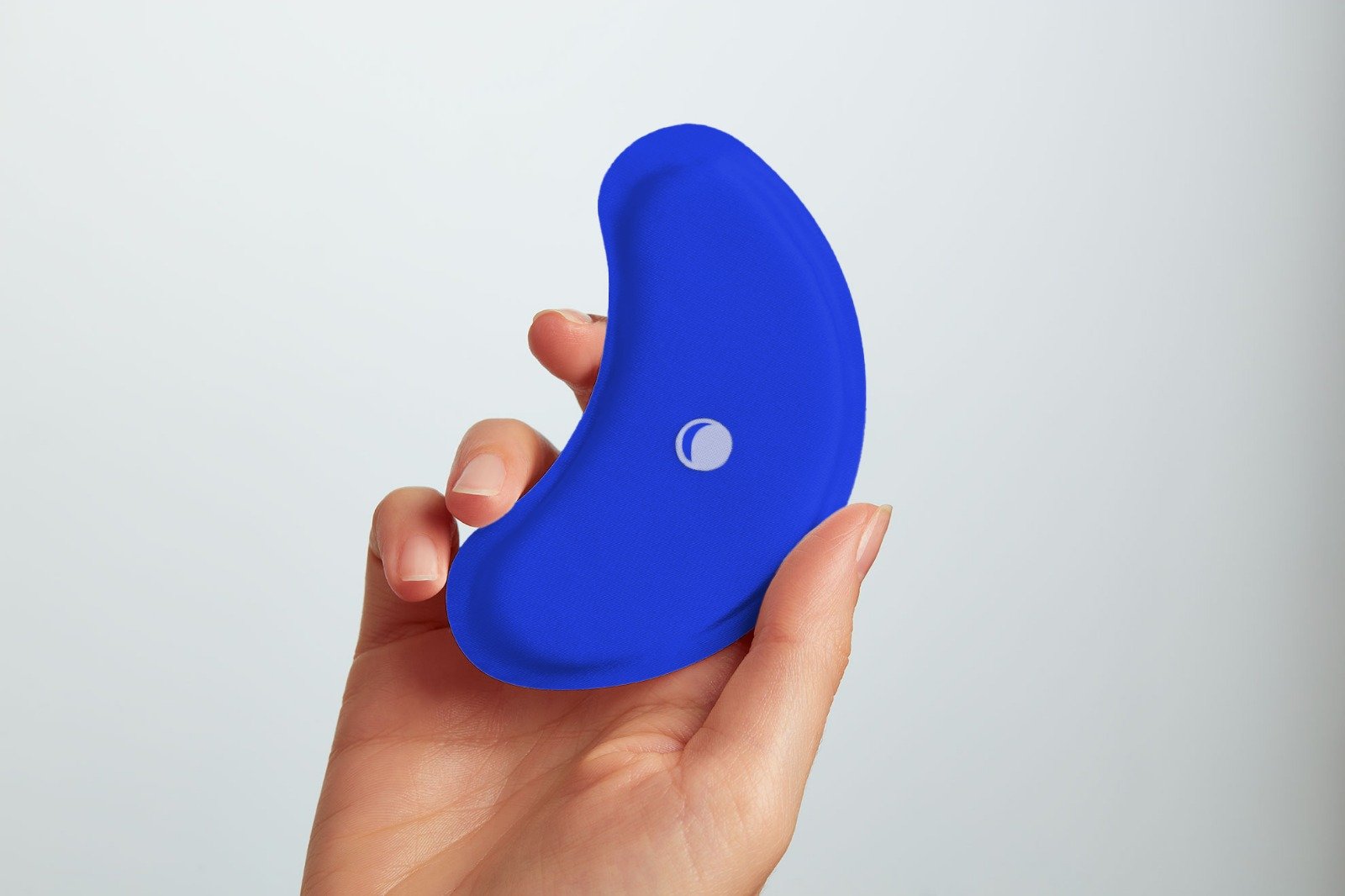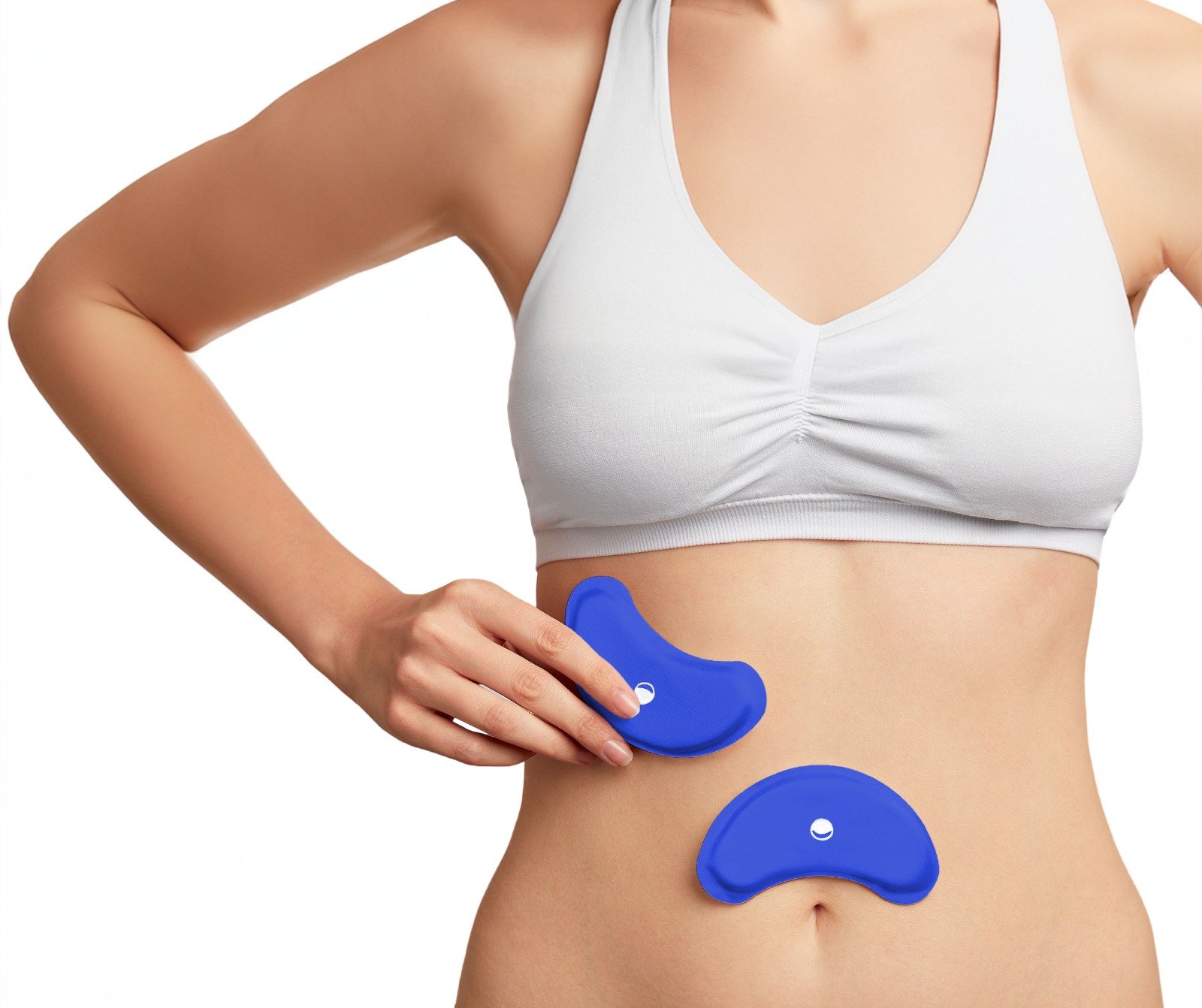Help Your Patients Sleep & Smile Better
Set your office apart, expand your practice, and provide value to your patients.


Expand Your Services & Improve Patient Outcomes
As a dentist, you know that oral health is closely linked to overall well-being—including sleep. Start offering your patients a seamless, convenient way to test for sleep apnea and access to treatments like Oral Appliance Therapy—all without extra work for your practice.
By partnering with At Home Sleep Labs, you position your office as a one-stop shop for patients struggling with sleep-disordered breathing. You don’t just improve their health—you expand your practice’s value and revenue potential.

Why Dentists Should Offer Sleep Apnea Testing
Patients with suspected sleep apnea often struggle to find the right diagnosis and treatment. Many don’t follow through with sleep studies due to cost, inconvenience, or long wait times at traditional labs. Eliminate these barriers by providing an easy at-home sleep test—along with access to OAT, CPAP alternatives, and physician support.
Offering sleep testing means:
- Increase Patient Satisfaction with a Complete Solution
- Generate a New Revenue Stream
- Simple Integration—We Handle the Heavy Lifting
- Get Access to Exclusive Marketing & Support Materials
Get Started with At Home Sleep Labs
Helping your patients sleep better has never been easier! Follow these simple steps to integrate sleep apnea testing into your practice.

1. Connect with an At Home Sleep Labs Expert
Schedule a quick consultation with our team to discuss your practice’s needs. We’ll help you create a customized plan to integrate sleep testing into your workflow effortlessly.

2. Receive Your Marketing & Education Toolkit
Get access to professional marketing materials—including brochures, posters, and digital assets—to educate patients and promote sleep apnea testing in your office.

3. Seamlessly Refer Patients & Track Their Progress
Start referring patients for home sleep testing, and let us handle the rest. Our board-certified sleep physicians review the results, and we provide detailed sleep reports to help guide OAT treatment decisions.


Patients Hate Complicated Sleep Tests—We Make It Easy
Traditional sleep labs require wires, masks, and long wait times. Many patients avoid sleep testing because they dread the hassle of traditional sleep studies. Even home sleep tests from other providers can be bulky and frustrating.
With At Home Sleep Labs, testing is simple, comfortable, and stress-free.
🔹 No wires, no masks, no hassle
🔹 Just two small Bluetooth patches placed on the chest and neck
🔹 Patients sleep comfortably in their own bed—no overnight lab stay
🔹 Easy setup in minutes—patients can test on their schedule
Once the test is complete, a board-certified sleep physician reviews the data and provides a clear, easy-to-understand sleep report. Results are delivered quickly, allowing you to guide your patients toward the right treatment—without unnecessary delays.
A Better Experience = Higher Patient Follow-Through

Create Your Perfect Package
Schedule a call to design the perfect sleep-testing package for your patients.
Structure your perfect package
- FDA Approved
- No Doctor's Visit Necessary
- Free Shipping
- 100% Satisfaction Guarantee
Don't take our word for it.
Understanding Sleep Health
How does sleep affect your health?
Sleep is crucial for maintaining overall health and well-being. It strengthens the immune system, regulates hormones, repairs tissues, and helps the brain process information and consolidate memories. Quality sleep allows you to wake up feeling refreshed and ready for the day.
Poor sleep or not getting enough rest can increase the risk of serious health issues like heart disease, stroke, diabetes, and obesity. It also affects concentration, decision-making, and reaction times, which can negatively impact your daily activities and mood. Prioritizing good sleep is essential for a healthier, more balanced life.
What is sleep deprivation?
Sleep deprivation occurs when you don’t get the quality rest your body needs to stay healthy and function well. Many people with undiagnosed sleep apnea may not realize they are sleep-deprived. Sleep apnea disrupts the sleep cycle, preventing deep and REM sleep, which are essential for restoring both the body and brain.
Lack of quality sleep can leave you feeling tired, groggy, and unfocused during the day, and it can also increase the risk of serious health problems. Common symptoms of sleep deprivation include difficulty concentrating, daytime sleepiness, mood changes, and slowed thinking.
According to the CDC, going 24 hours without sleep can impair you as much as having a blood alcohol content of 0.10. Most adults need 6.5 to 8 hours of sleep per night, and getting less can lead to sleep deprivation.
How much sleep do you need?
Can sleep apnea cause high blood pressure?
The CDC notes that lack of sleep raises blood pressure and causes it to stay elevated for longer periods.
It’s natural for one’s blood pressure to drop during sleep, but disruptions in one’s sleep prevent this natural decline, depriving your body of its restorative benefits.
Since high blood pressure is a major risk factor for heart disease and stroke, it’s crucial to address sleep disorders early to protect your heart health.
How do you improve sleep hygiene?
One of the most effective yet often overlooked ways to improve sleep health is to maintain good sleep hygiene, which can be challenging to implement consistently.
Good sleep hygiene includes getting at least 30 minutes of physical activity each day, sleeping in a cool, dark environment (with an ideal temperature around 65°F), and sticking to a consistent sleep schedule—even on weekends—to keep your circadian rhythm in balance.
Avoiding electronic screens before bedtime is also crucial, as they emit blue light that can overstimulate your brain. It’s best to stop using phones, TVs, and other screens at least an hour before bed to help your brain unwind. While using a night mode can help, avoiding screens entirely is the most effective approach.
